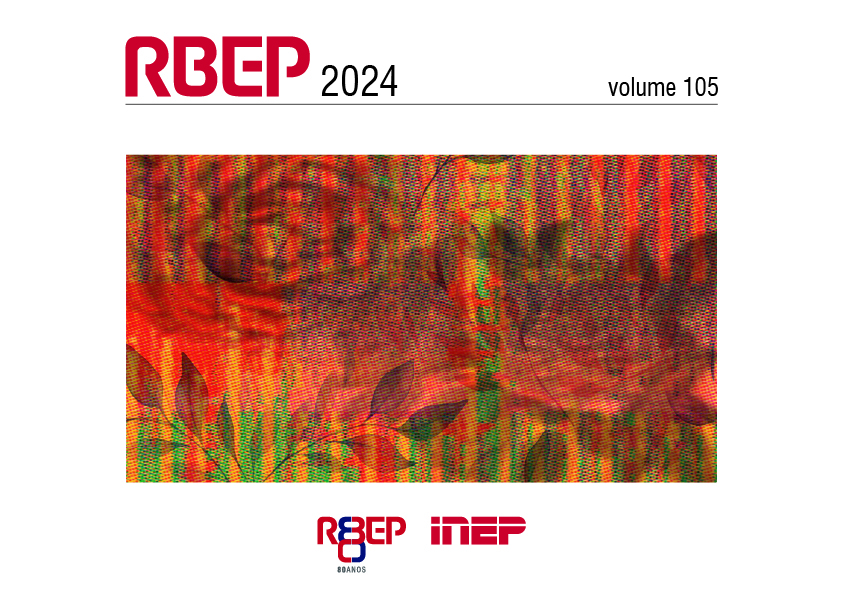Narratives of basic education students about ableism and anti-ableism present in pedagogical practices at school
Abstract
The objective of this study is to identify, through the reports of students of an elementary school (the final years), how ableism is (re)produced in the pedagogical practices of basic education. Furthermore, we seek to ascertain the elements that make up anti-ableist pedagogical practices within the school context. Methodologically, a qualitative research with an exploratory nature was applied. Semi-structured interviews were conducted with six students from the seventh grade, while the data was examined through thematic analysis. The theoretical framework employed was grounded on disability studies in education and feminist disability studies. In the results, we present five thematic categories that incorporate the analyses, concerning the school’s physical structure, the pedagogical practices that reproduce ableism, the distinct conceptions of disability, the strategies that contain anti-ableist elements and, the intersection between the social markers of difference. Ultimately, we conclude that the students brought up major aspects for us to (re)think both the school planning and its curriculum, in a way that integrally contemplates people in the educational space.
Downloads
Copyright (c) 2024 Brazilian Journal of Pedagogical Studies

This work is licensed under a Creative Commons Attribution 4.0 International License.
Once their work is accepted for publication, author’s copyrights are automatically relinquished to the National Institute for Educational Studies and Research Anísio Teixeira (Inep).
Since 2016, the journal Revista Brasileira de Estudos Pedagógicos (RBEP) uses the licence CC-BY.
Partial or total reproduction of the content of this Journal is permitted provided that the original publication is properly referenced, as well as a link to license CC BY 4.0 and to indicate any possible alterations made to the article.




















